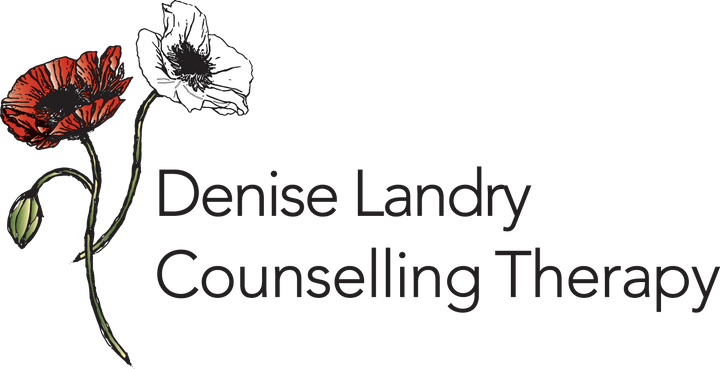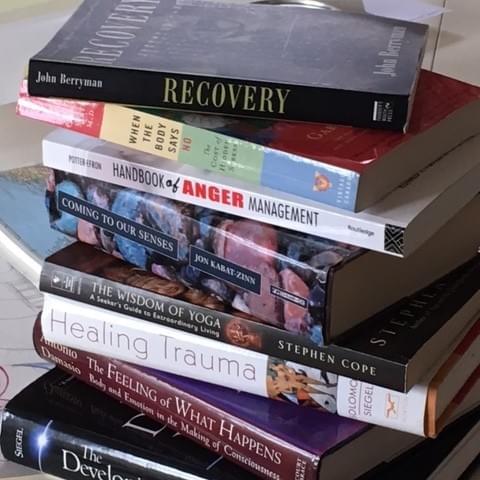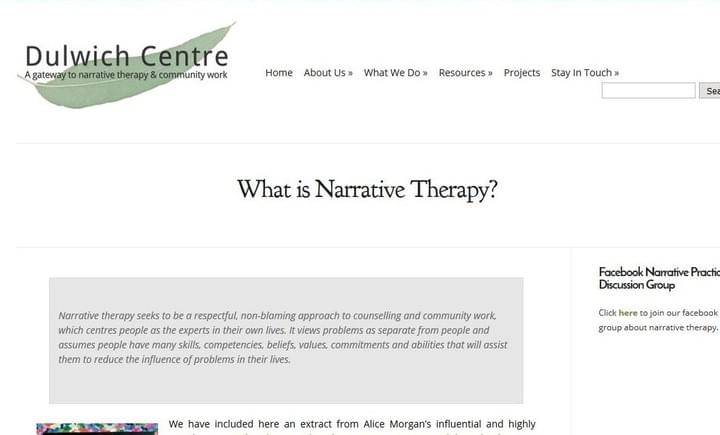
Welcome
I work with people
transitioning between military and civilian life, with survivors of gender-based violence of all types, and with others seeking reconnection with the stability, values, or place in the world they feel they have lost.
I extend a warm welcome to you,
and I encourage you to consult these web pages as you gather resources for your wellbeing.
Denise Landry Counselling Therapy
902-817-0565
Territorial Acknowledgement
I acknowledge that I practice in Mi’kma’ki, the ancestral and unceded territory of the Mi’kmaq People. This territory is covered by the Treaties of Peace and Friendship, which Mi’kmaq and Wolastoqiyik (Maliseet) people first signed with the British Crown in 1725. The treaties did not deal with surrender of lands and resources but in fact recognized Mi’kmaq and Wolastoqiyik (Maliseet) title and established the rules for what was to be an ongoing relationship between nations. I live and work near Victoria BC, on the traditional territory of the Lək̓ʷəŋən (Songhees) and W̱SÁNEĆ (Saanich) peoples, especially the Tsartlip and Tsawout First Nations.
Disconnection
A sense of disconnection often accompanies an expected, or unexpected, life change. We may struggle to understand, experience overwhelming emotions, have physical symptoms, or fear for the stability of our relationships.
As a Registered Counselling Therapist (RCT) and a Certified Sensorimotor Psychotherapist, my practice includes methods of healing through the resources of the body, thoughts and emotions. My studies and professional training have given me a solid understanding of the neurobiology of trauma, practical skills, and a deep appreciation of the power of mindful compassion and action in the processes of change and healing.
This combination enables me to work effectively with people experiencing a range of problems, whether they originated from overwhelming events that happened long ago, or in the more recent past.


Denise Landry, MEd, RCT
Reconnection
Finding stability and thriving
Military Transitions
People transitioning out of the military, especially when their release is connected to post-traumatic stress, or gender-based violence (MST), may describe this time in their lives as “empty," “having no emotions,” or “having nothing to talk about"...
Life Transitions
Life transitions are times when our sense of who we are is shifting. They are intensely human experiences, and whether we think of them in positive or negative terms, they can leave us on shaky ground...
Military to Civilian Transition
Black and White to Grey

During a military career individuals develop a high level of expertise, often functioning as part of a team. Knowing exactly where to fit has provided a solid identity for military members.
In transition, some people experience emotions that are too intense to integrate into daily life. Sometimes these feelings reflect a sense of betrayal resulting from the loss of a community that held common values and clear structure.
For others, the betrayal has been deeply personal, as in the case of experiencing or witnessing military sexual trauma.
Some important questions may be:
- What do we do when the ability to compartmentalize feelings and maintain focus on a mission, becomes problematic?
- How do we reconnect with restorative sleep patterns, cherished family relationships, and a solid sense of self?
- How do we ensure that our behaviours support our financial wellbeing?
- Where do we find help to navigate the complex processes of the organizations we need to deal with?
- How do we operate in the civilian world of grey...?
Seeking tools and possible routes can help you reconnect with a strong and clear way of being in the world and with the healthy relationships to other people, the land you live on, and yourself that are important.
What does creating an effective therapeutic experience look like for you?
Life Transitions
Fluid and Authentic

Sometimes transitions arrive with expected emotions, such as joy at a birth, relief upon retirement, or sorrow at the death of a loved one. Sometimes we feel emotions that don’t seem to fit our own expectations -- or the expectations of others -- like sadness at the graduation of a child, anger when we were expecting relief, or feeling ‘fake’ when we finally get something we worked really hard to achieve.
Expectations can paralyze us or cause us to react in ways that rob our transitions of their fluidity. Perhaps, instead of moving through we become stuck. We may be left with questions about gaining momentum (beginning), sustaining our energy (staying with), or completing a process (leaving).
As we work with the uncertainty of life transitions, we often see we already have navigational skills, and that we can learn new ones...that we can develop strategies to prevent being overwhelmed by change, and that we can welcome the sense of aliveness and authenticity that emerges on the far side of even the most difficult life transition.
Therapy practices...a new set of maps
We are always practicing something...it helps to be clear about what that is!
What might counselling look like? Perhaps it’s understanding the importance of ritual and self-care in honouring a personal or professional transition, or discovering a new group or community that aligns with our values. Maybe it’s realizing that we’ve always been building capacity through our actions and work, and finding a way to bring that forward into a new stage of life. Maybe it's learning new skills and behaviours. Maybe it's the ability to leave something behind you.
Sensorimotor Psychotherapy
In the practice of Sensorimotor Psychotherapy, we use a map called core organizers to make sense of what's happening: thoughts, emotions, movements, and sensations. We can work with problems in any core organizers by noticing the language of our body, through touch or no touch therapy. In a counselling session, we might explore how the animal defenses of fight, flight, freeze, or collapse still ‘run the show’ long after a single stressful event or years of past trauma. Or, we might explore the usefulness of old attachment behaviours such as pleasing or perfectionism that once kept us safe and close to caregivers, but are now getting in the way of healthy relationships.
Narrative Therapy
Stories (or narratives) surround us, and whether we pay attention to them or not, we are all deeply affected by them. Stories convey ideas; they provide 'maps.' about where we belong. Helpful maps enrich our lives with a sense of possibility, old maps may drain us of our strength and effectiveness. We have the ability to become the authors of our own goal-directed stories, and when we feel and understand this, it restores hope. In Narrative Therapy, we move away from problematic stories and toward ones that support our growth and authenticity. My favourite part of Narrative Therapy is seeing people realize that even in the most difficult times, they are already practicing toward what they really care about and who they want to be.
Cognitive Behavioural Therapy
Cognitive Behavioural Therapies (CBTs) encompass a traditional talk therapy based on the idea that if we learn a behaviour we can also unlearn it. These models provide an extremely practical and skills-based way of working. In therapy we might use a CBT method to set goals for our work together or to notice patterns that show up in our thoughts, emotions, and behaviours. As in Sensorimotor and Narrative modalities, CBT helps us explore the effects of experiences and past beliefs on current meaning-making strategies.
Your Expectations
Doing the deep work that happens in therapy can lead to a renewed sense of a competent self, a reconnection to kindness, healthier boundaries in relationships, and restored trust that the world is a safe and joyful place.
Your expectations for a safe counselling experience might include the ability to express thoughts or emotions without judgement; to be who you deeply are and to have your identity in the world reflect this. They might include having your decisions about whether or not to try experiments with movement in a session, respected. They might include being genuinely recognized for your strengths, wisdom, efforts and difficulties.
Holding a respectful, client-led space for our work together is important to me. Your questions are very welcome. If we experiment with movement, I’ll participate!
I invite you to browse the information below and to visit the Carta Blog. When we know more about how therapies understand change, or the background behind a counselling topic, we're able to make better decisions about how we choose to work together.
Sensorimotor Psychotherapy
VIDEO: Attachment or Trauma? A Sensorimotor Psychotherapy Approach
A good, five-minute overview of Sensorimotor Psychotherapy with founder Pat Ogden, PhD.
Trauma as an 'old story'
Video: Understanding old patterns and coping strategies
A four-minute introduction to traumatic attachment and the window of tolerance concept, based on Janina Fisher's six-part online lecture series.
A sense of belonging in the body
Video: Mind the gap: Moving from Brain to Body
Dr. Andrew Harkin talks about the power of working with the body in this 17-minute TEDxBunbury presentation from April 2016.
Narrative Therapy
Website: The Dulwich Centre, Adelaide, Australia
The centre offers an online excerpt of Alice Morgan’s book, What is Narrative Therapy?: An Easy to Read Introduction. Initially intended for practitioners, the book outlines the structure of Narrative Therapy and provides analogies and examples for how the therapy might look in a client-therapist relationship.
Contact
Counselling needs to be a flexible, collaborative experience that feels safe enough for us to do the work that moves us toward our self-determined goals. I especially rely on my belief that each of us has the capacity to be an expert on our own healing experience. I encourage you to connect with me for support in your individual therapy work in-person or virtual, beginning with a consultation.
I am currently seeing NS & BC people online, and hope to see BC clients in person soon. Please inquire.902-817-0565Fees
$150.00 for 1 hour counselling session.
I am a registered service provider with various insurers. Please ensure to check with your particular plan for coverage details. Individual payments are also accepted by E-transfer.
Carta Blog
Carta Blog is a space where I have gathered resources that help explain some of the therapeutic methods I trust and use. These are my own ideas and opinions. It is, of course, up to you to decide whether they are useful in your own decision-making process.
May 17, 2017Narrative Therapy (NT) is a system that works with the stories we tell about ourselves, and those...April 1, 2017Emotions are like water, they are meant to flow. When they do, they can be rich sources of...April 1, 2017Wild Geese You do not have to be good. You do not have to walk on your knees For a hundred...
Denise Landry Counselling | Copyright © 2017
902-817-0565






